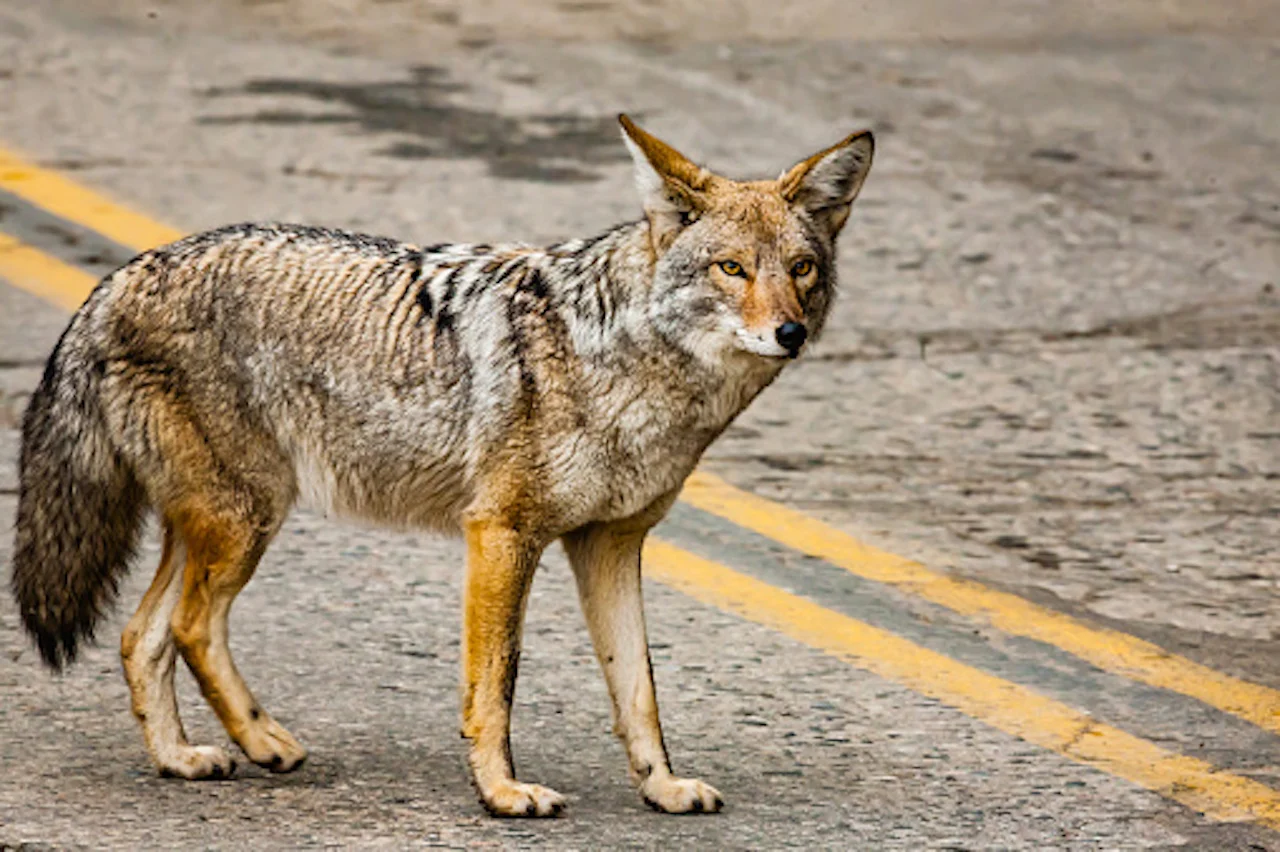
Study sheds light on 2009 death of hiker in Cape Breton coyote attack
The following footage may be disturbing to some viewers. Viewer discretion is advised.
A new study is giving insight into a fatal coyote attack that happened in the Cape Breton Highlands in 2009.
SEE ALSO: From foe to friend: How to change perceptions of 'nuisance' wildlife
Ohio State University coyote expert Stanley Gehrt mostly studies how the animals behave in urban environments but was invited to Cape Breton, N.S., 13 years ago -- after hiker Taylor Mitchell was attacked by 2 or 3 individuals and, unfortunately, died as a result.
Gehrt tells The Weather Network it remains the only case of an adult being killed by a coyote in recorded history. His study reveals that coyotes in the Cape Breton Highlands National Park were surprisingly feeding on moose, almost exclusively.

(Getty Images/Fabiomichelecapelli Creative #: 189310324)
"The coyotes were actually preying on the moose, not just scavenging, but actually attempting to capture and kill them,” Gehrt explained, adding, “what happened in Cape Breton is a previously undescribed kind of system and a novel incident.”
As a result of the findings, adults in other parts of North America shouldn’t be too concerned about a coyote attack, unless they are with children.
In urban settings, the animals’ aggressive behaviour is more likely a result of humans intentionally feeding them because providing food attracts and conditions coyotes to be reliant on people for nourishment.
If you do encounter a coyote, don't run. Wave your arms and be aggressive, even throw something at it, too. Afterwards, make sure to report it.
Watch the video above for the full interview.
Thumbnail courtesy of Getty Images/Lux Blue.
